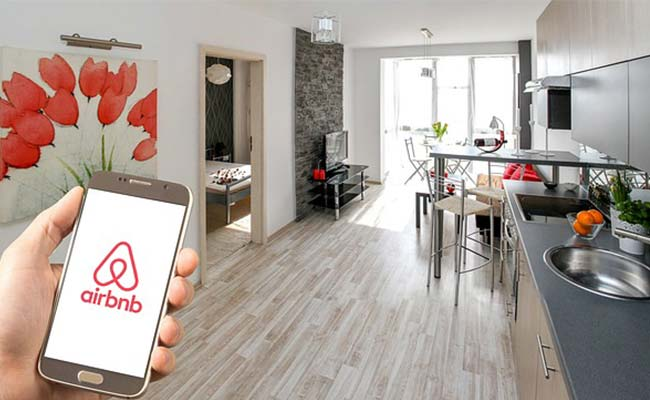✅ Yes, it’s possible —
🚫 But not without the proper licenses and legal setup.
Let’s break it down.
⚖️ 1. Understanding the Thai Hotel Act
Thailand’s Hotel Act B.E. 2547 (2004) governs anyone offering short-term accommodation (under 30 days) to the public for profit.
📌 Definition of a “Hotel”:
A business that provides paid lodging for less than 30 days to more than 4 people or more than 1 room.
If your guesthouse, villa, or condo meets this definition, you are considered a hotel operator, and you must apply for a hotel license — unless you qualify for a special exemption.
✅ 2. Legal Options Based on Property Type
| Property Type | Short-Term Rentals Legal? | Hotel License Needed? | Notes |
|---|---|---|---|
| Condominium (foreign-owned) | ⚠️ Not allowed by default | ✅ Yes, but very rare | Condo juristic offices often prohibit rentals under 30 days |
| Villa on leased land | ❌ Illegal without license | ✅ Yes | Cannot rent nightly unless licensed as hotel |
| Townhouse/Guesthouse (zoned correctly) | ✅ Yes | ✅ Yes | Must meet zoning/building requirements |
| Serviced Apartment (30+ days) | ✅ Yes | ❌ No | Can be legally rented monthly without hotel license |
🛑 3. Illegal Airbnb Risks
Renting out your condo or villa on Airbnb for short-term stays without a license can result in:
| Violation | Penalty |
|---|---|
| Operating an unlicensed hotel | Up to ฿20,000 fine, + ฿10,000/day |
| Violating condo rules | Fines or legal action by the juristic office |
| Immigration/reporting failure | Fines for not reporting guests (TM30 form) |
🏢 4. How to Operate Legally
If you want to legally run a guesthouse, hostel, or Airbnb-style property:
✔️ Steps for Legal Operation
- Own or lease land with correct zoning (residential/hospitality use)
- Register a Thai company (foreigners cannot run a guesthouse in their own name)
- Apply for a Hotel License
- Comply with fire safety and building code standards
- Register for VAT and income tax
- Report all guest stays to immigration (TM30)
Note: Small properties with no more than 4 rooms and up to 20 guests may apply for an exemption license (non-hotel license), making compliance easier.
📊 Hotel License vs. Small Guesthouse Exemption
| Requirement | Full Hotel License | Small Guesthouse Exemption |
|---|---|---|
| Max Rooms | Unlimited | 4 rooms max |
| Max Guests | Unlimited | 20 max |
| Zoning Requirements | Strict | Flexible in some areas |
| Fire Safety Rules | Strict | More relaxed |
| Time to Approve | 3–6+ months | 1–3 months |
🔑 Conclusion
Yes — foreigners can legally operate a guesthouse or Airbnb-style property in Thailand, but only with the correct:
- Licensing
- Zoning
- Thai company structure
If you rent short-term without these, you’re technically breaking the law.




